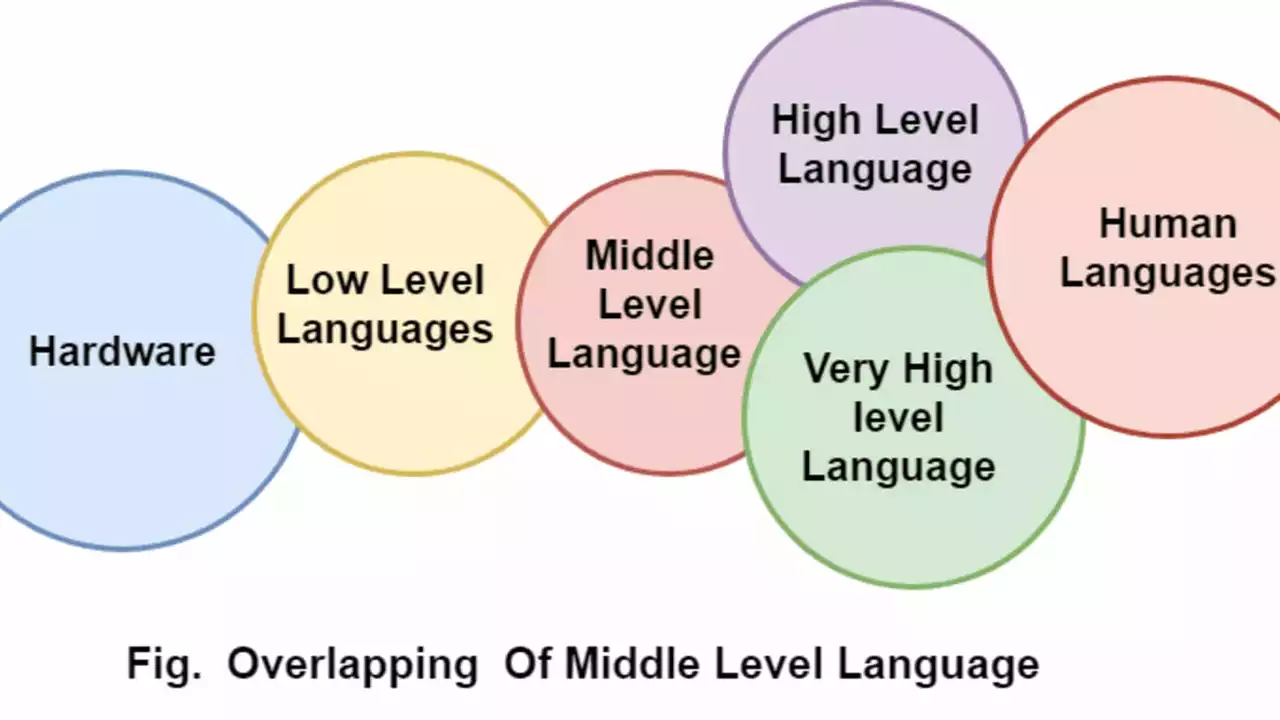
The Power of Pop
Alright, let's wind back the clock for a moment to when I was just a young bloke. I remember my mates and I, we'd kick back at the local soda cafe, grooving to the tunes from the teeny tiny speaker of a radio sitting on a counter. And believe me when I say this, that counter was our slang laboratory. We'd pick up on a phrase or two from the latest hit bopping on the radio, and next thing you know, everyone in the neighbourhood was using it. Ah, the good days! This little story from my life is a testament to the immense power pop music has over language and slang.
The Slang Genesis
So exactly how does pop culture contribute to language and slang? Well, it all starts with the artists. These talented individuals basically have the power to shape our lexicon with a lyric or two. Pop artists are known for their creative freedom, which is clearly reflected in their choices of words or phrases. They coin a term, it gets picked up by their fan base, and voila - suddenly it’s the next trendy phrase. Just think about it, who would've fathomed 'swag' to hold connotations of coolness and style before Justin Bieber's 'Boyfriend' ruled the charts? Interesting, isn’t it?
Language Evolution with Pop
Beyond slang, pop music has consistently pushed the boundaries of language evolution. Remember the era of the Beatles? They made the word 'fab' iconic. A decade later, Madonna was pushing 'material girl' into the mainstream. Today, we have artists like Billie Eilish introducing new words and phrases into the pop lexicon. From such tiny inceptions, these words, acronyms, and phrases tend to permeate everyday conversations, eventually earning a spot in formal dictionaries. It's truly fascinating how these trends are leaving an impact not only on our day-to-day interactions but also on the formal linguistic sphere.
Cross-Cultural Confluence
The global reach of pop music has also played a crucial role in the infusion of various languages and dialects into mainstream discourse. From Despacito bringing Spanish into spotlight to BTS catapulting Korean into vernacular slang, pop music is continuously broadening the linguistic horizon. Not only does this cross-cultural confluence promote the understanding and acceptance of different languages, but it also displays the diversity of world cultures. Personally, I still find myself inadvertently using Spanish or Korean terms, courtesy of these hits!
Pop Pioneering Neologism
The sphere of pop music has always been a key driver in pioneering neologisms, or in simpler terms, the creation of new words. Let's take the example of the word 'bling,' which was popularised by the pop artist, B.G in his 1999 hip-hop hit 'Bling Bling.' The term has since come to represent flashy, ostentatious jewellery and is now generally accepted in everyday language. Similarly, Beyoncé's 'Bootylicious' was officially recognized by the Oxford English Dictionary in 2004. It’s mind-boggling to think how tremendously influential a song can be!
Impact Beyond Slang
Further, pop culture is not just influencing the creation of new words and phrases, it's also contributing to the shift in meanings of existing words. Let's take the case of 'lit,' a word that once simply meant being lighted up. Now, in modern slang, it's used as an adjective to highlight something exciting or fun, thanks to pop music and social media. Another fascinating example is the transformation of 'shade'. It was once just a way of describing a comparative darkness caused by cover. But now we use it to remark on snide, underhanded remarks, largely influenced by the pop culture world.
What's obvious is that the relationship between pop culture and language is nothing short of symbiotic. Pop music mirrors the language trends of the time, and simultaneously, those language trends are influenced by the ever-evolving pop culture. The terms and phrases from pop music that have been absorbed into everyday conversation are legion. While some may question whether pop music's influence on language degrades grammar and formal linguistic structures, I think it's rather a celebration of linguistic diversity and creative expression. It's a dialogue, lads and ladies, that proves we're adaptable, and our language, like the music we boom from our stereos, is alive and evolving.
So next time you're rocking out to your favourite pop tune, pay close attention to the lyrics. They're likely contributing to the ongoing evolution of our language, adding a little bit more colour, a bit more funk, to our everyday jargon. And isn't that just fab?